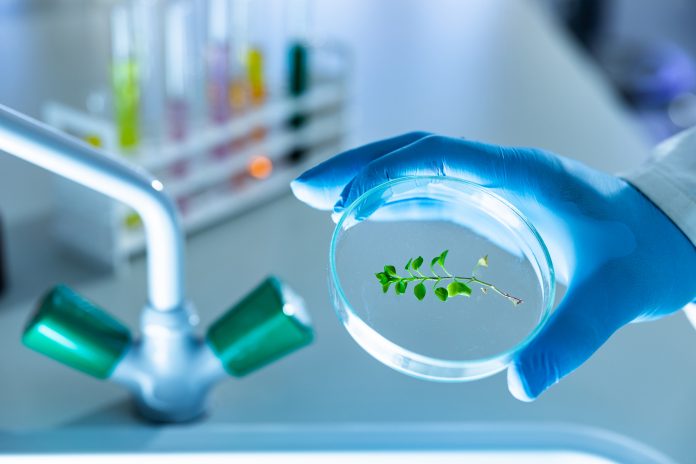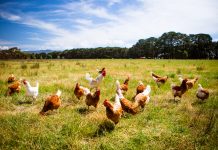The European Parliament has voted to ease regulatory oversights on gene-edited crops, which is a significant change considering its longstanding suspicion towards genetically engineered organisms
The legislation passed a relatively narrow margin of 307 to 263 votes, with 41 members abstaining. This decision comes after years of debate and division within the EU regarding the regulation of new genomic technologies (NGTs) like CRISPR, which alter existing DNA.
Gene-edited plants: Their benefits and implications
Advocates of the bill argue that loosening regulations on gene-edited plants will stimulate innovation and promote agriculture sustainability. Euroseeds, a trade organisation representing plant breeders, called the vote a positive step forward.
They emphasise the potential benefits of gene-edited crops, including higher yields, improved resistance to pests and pathogens, and reduced reliance on pesticides.
Opponents, including environmental groups like Greenpeace, have raised concerns about the implications of the decision. They fear that it could reduce power among agricultural monopolies, as this could limit access to new varieties for smaller innovators and farmers, ultimately damaging competition in the agricultural sector.
What does the future look like for gene editing?
The legislation, which still requires approval from the European Union’s member states, aims to exempt NGTs from GMO regulations if the changes made could have occurred through conventional breeding methods.
This distinction is crucial, as it addresses the fundamental difference between gene editing and traditional genetic modification, where foreign genes are introduced.
The debate also extends to the issue of patenting gene-edited crops. While some argue that patents are essential to protect investments and incentivise innovation, others express concerns about the potential for a handful of corporations to dominate the market.
Conventional breeding methods
Seeds produced through conventional breeding methods are exempt from patents in the EU to ensure accessibility for smaller players. However, NGTs could be subject to patenting, raising questions about fairness and competition within the industry.
Despite these concerns, the push for gene-edited crops reflects a broader shift in European attitudes toward biotechnology. The success of mRNA vaccines for COVID-19 has strengthened confidence in scientific advancements.
At the same time, growing threats posed by climate change and supply chain disruptions have emphasised the need for innovative agricultural solutions.
While some advocate for swift action to address these challenges, others emphasise the importance of careful consideration to ensure a balanced approach that promotes innovation while safeguarding against potential monopolies.











